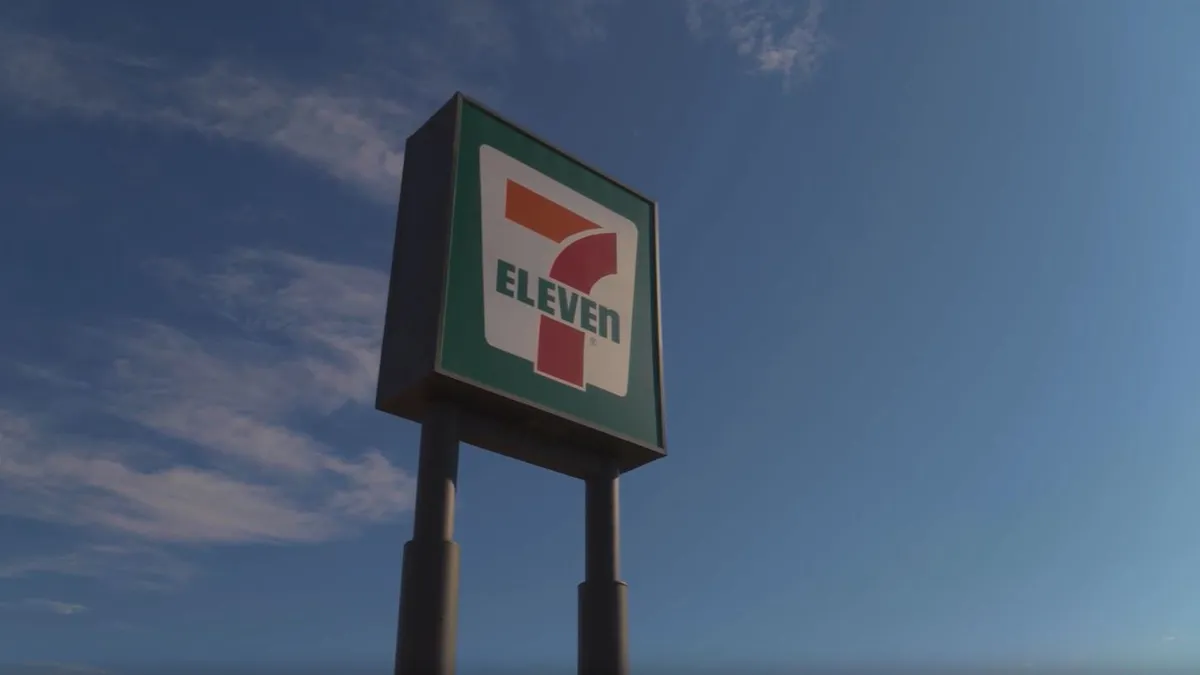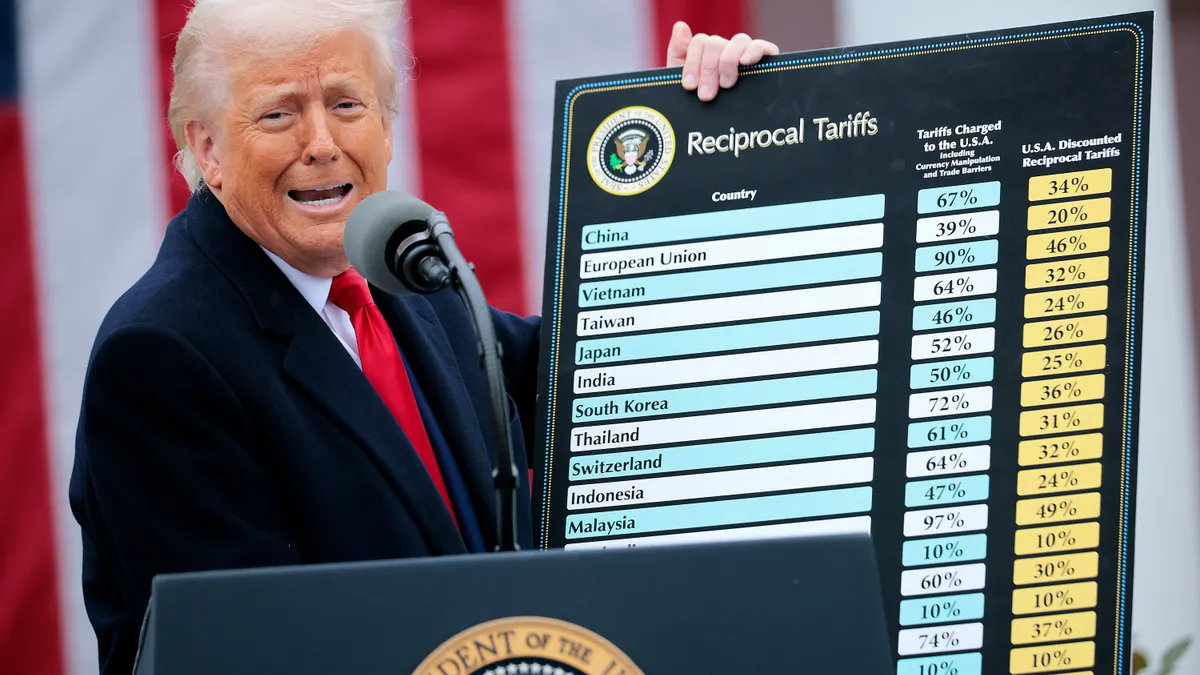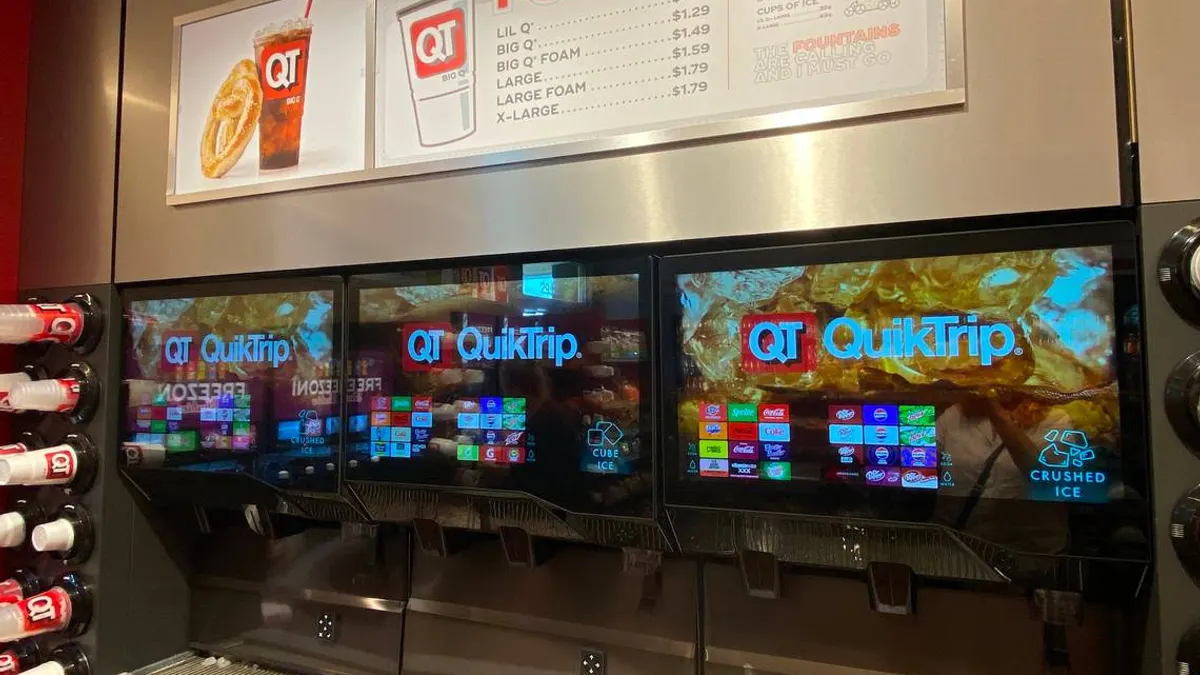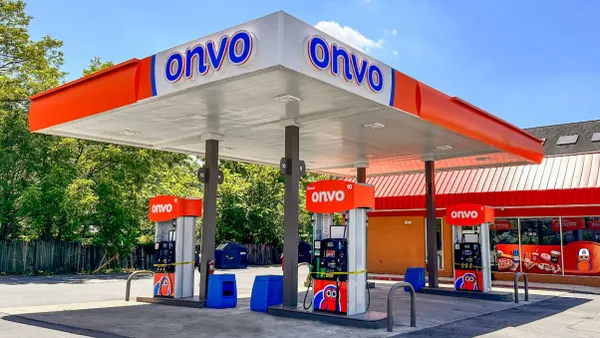Dive Brief:
- 7-Eleven has prevailed in its ongoing lawsuit against two former franchisees in California after the retailer cut ties with them over accusations of fraudulent c-store transactions, according to documents filed last week with the U.S. District Court for the Central District of California.
- Although 7-Eleven terminated the franchise agreements, both franchisees — Gurtar Sandhu of SSS Realm Corporation and Rajwinder Atwal of S.S.S. Atwal, Inc. — have refused to vacate their combined six c-stores. After several hearings, the court told the defendants to stop using the 7-Eleven trademark and, after 7-Eleven posts sufficient bond, to surrender the stores back to the retailer.
- The lawsuit turned heads in June when both franchisees — as well as one of their employees — accused 7-Eleven’s management of ordering them to make the faulty transactions. Last week, the court ruled that none of the retailer’s management “ever requested, encouraged, pressured, or counseled anyone to process illegitimate transactions.”
Dive Insight:
During one of the hearings, 7-Eleven presented several examples of fraudulent e-cigarette promotions occurring at Sandhu’s and Atwal’s convenience stores between 2020 and 2023. The retailer’s investigation team — led by Laura Freede, manager of investigations, and Timothy Hall, director of asset protection — reviewed the stores’ point-of-sale data and security camera video corresponding to these transactions.
The investigation showed that 138 transactions involving tobacco promotions involved fraud, according to one of the filings. Despite the multiple employee testimonies claiming they witnessed 7-Eleven’s area leaders encouraging these faulty transactions, the court said last week that there wasn’t enough “credible evidence to show that 7-Eleven has unclean hands.”
Beyond the fraudulent transactions and continuing to operate the stores after the agreements were terminated, both franchisees admitted to obtaining funds from 7-Eleven post-termination. This was done through placing orders to US Bank for cash via 7-Eleven, as well as loading money onto prepaid cards and bill payments financed by 7-Eleven.
“The Court concludes that a preliminary injunction in favor of 7-Eleven is in the public interest,” says a July 16 motion, signed by Judge John W. Holcolmb.
Once the stores are surrendered to 7-Eleven, the retailer must undertake a complete inventory review and provide copies to both franchisees, who may participate and observe in the inspections if they wish.
A spokesperson from 7-Eleven did not respond by press time to comment on the situation, nor did the attorney representing both franchisees.











